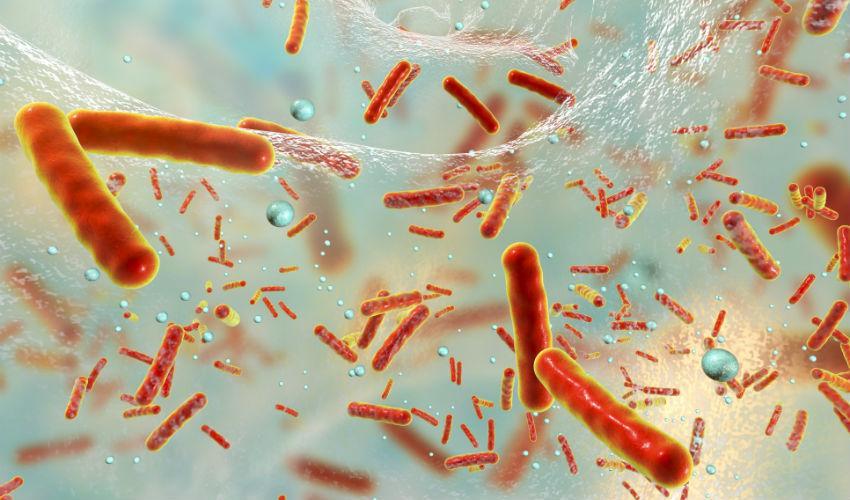
New Sanitation System Can Half Healthcare Associated Infections and Reduce Related Costs by 75%
BOCCONI UNIVERSITY SCHOLARS CALCULATED THE SAVINGS PRODUCED BY A SANITATION METHODS THAT USES ECOLOGICALLY SUSTAINABLE DETERGENTS CONTAINING SPORES OF THREE BACILLUS SPECIES, IN A STUDY ON ANTIMICROBIAL RESISTANCE IN FIVE ITALIAN HOSPITALSThe spread of antimicrobial resistance in hospitals can be limited by sanitation methods that remodulate the hospital microbiota, leading to lower antimicrobial consumption and costs, according to a paper in Infection and Drug Resistance co-authored by two Bocconi University scholars (for the part related to costs) with University of Ferrara and colleagues from University of Udine.
In particular, an experiment conducted in five Italian hospitals using the Probiotic Cleaning Hygiene System (PCHS), a trademarked probiotic-based sanitation method, coordinated by the CIAS research centre of the University of Ferrara (www.cias-ferrara.it) , led to a 52% decrease in healthcare associated infections (HAI, a kind of infection that tend to exhibit higher resistance to antibiotics than community-acquired infections), a 60.3% reduction in associated drug consumption and a 75.4% decrease in the related costs. «The results», Bocconi University’s Rosanna Tarricone, co-author of the study, says, «suggest that the introduction of probiotic-based sanitation methods can be considered as a useful component of infection prevention strategies. Money saving are only a part of the story, as HAIs affect 3.2 million people in Europe every year, resulting in 37,000 deaths».
The Internal Medicine wards of the hospitals enrolled in the study were surveyed for six months while using the conventional chemical-based sanitation method and, then, for a further six months using ecologically sustainable detergents containing spores of three Bacillus species. Overall 12,000 patients were included in the study and over 30,000 environmental samples from hospital surfaces were analyzed.
The new sanitation system was associated with a mean 83% decrease of the detected pathogens on hospital surfaces and a significant reduction (70-99.9%) of antimicrobial resistant genes. In the case of Staphylococcus aureus (Staphylococcus spp. represented up to 90% of the total surface microbiota detected and S. aureus, in particular, plays an important role in HAIs), the isolates from the post-intervention phase were 63.9-93.5% less resistant to antibiotics, depending on the antibiotic type, and those resistant to three or more antibiotics decreased by 72.4%.
The number of healthcare associated infections diminished by 52%, as detailed in another co-authored paper (PLoS ONE 13(7): e0199616), and the cost per HAI episode diminished by 45.6%, translating into the aforementioned 60.3% reduction in associated drug consumption and 75.4% decrease in related costs.
Since the analysis focused only on drug costs, «taking into account other variables, such as the length of stay in hospital, our estimates of the savings are likely to be conservative», concludes Carla Rognoni, the other Bocconi University co-author of the paper.
Elisabetta Caselli, Luca Arnoldo, Carla Rognoni, Maria D’Accolti, Irene Soffritti, Luca Lanzoni, Matteo Bisi, Antonella Volta, Rosanna Tarricone, Silvio Brusaferro, Sante Mazzacane, Impact of a probiotic-based hospital sanitation on antimicrobial resistance and HAI-associated antimicrobial consumption and costs: A multi-center study, in Infection and Drug Resistance, in Infection and Drug Resistance 2019:12 501–510, DOI: 10.2147/IDR.S194670.
Disclosure: Copma, the company that holds the PCHS trademark, funded the study. The funders had no role in study design, data collection and analysis, decision to publish, or preparation of the manuscript.
by Fabio Todesco
